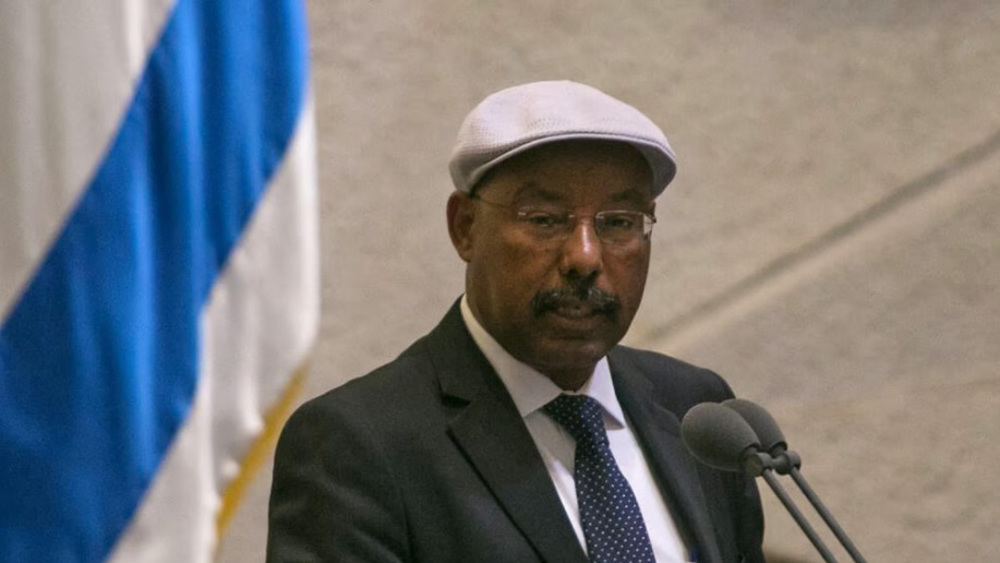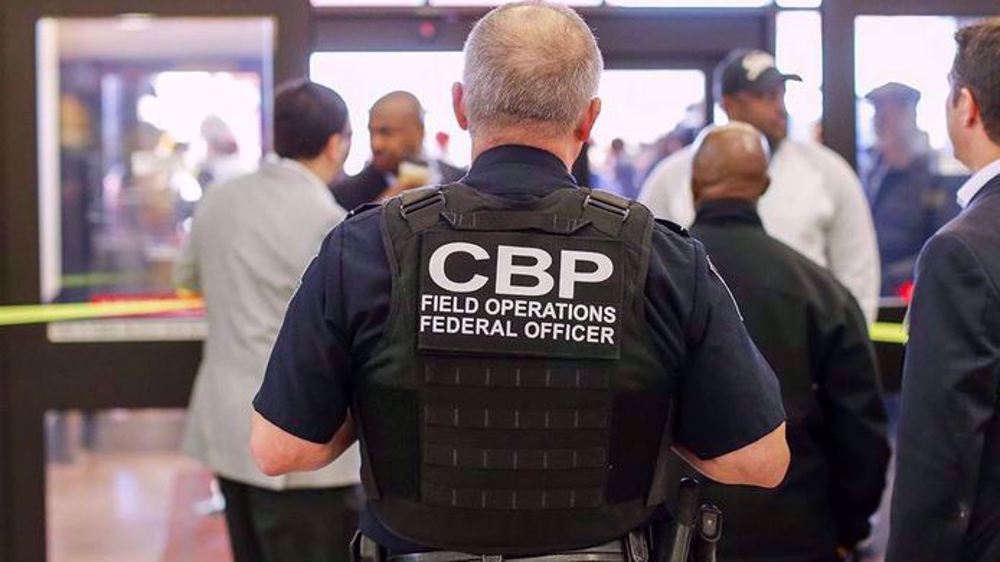Four killed, dozens injured in Burundi grenade attacks
A series of grenade attacks has left at least four people dead and some 30 others injured in Burundi in the run-up to key upcoming parliamentary elections.
Local Burundian security officials said the grenade attacks were carried out overnight Sunday to Monday in various parts of the troubled central African nation.
The four were killed in an attack in a bar in the northern town of Ngozi. Ten people were seriously injured in the attack.
Law enforcement agencies say they have detained at least three suspects in connection with the attacks.
At least two policemen were also injured by a grenade in the Burundian capital city of Bujumbura on Monday morning, while another person was wounded in a blast in northern Kirundo Province.
Local residents and witnesses said a grenade was also thrown into a bar in the northeastern Muyinga district, but there were no reports of casualties.
On Friday, at least 11 police forces were injured in a series of grenade attacks in Bujumbura.
The fresh wave of violence comes as parliamentary elections are planned for June 29, ahead of a presidential vote on July 15.

Senior Burundian officials have said that the attacks were carried to mar the election.
"These people want to frighten the population to prevent them from voting," Muyinga district governor, Aline Manirabarusha said.
"It is clear that all these grenade attacks are related to each other, this is a terror campaign organized by opponents of the third term of President Pierre Nkurunziza, to destabilize and try to prevent the elections," AFP quoted a senior police officer as saying.
Presidential communications chief Willy Nyamitwe recently blamed the violence on "politicians and civil society activists who promised the people that there will be no elections at all in 2015."
However, the opposition parties have rejected any involvement and accused the government of trying to "exploit" the attacks to get rid of their opponents.
EU threatens sanctions against Burundi
Meanwhile, the European Union (EU) foreign ministers have threatened to impose sanctions on individuals involved in the ongoing political violence in Burundi.
"The EU is determined to adopt, if necessary, targeted restrictive measures against those whose actions would have led or lead to violence and repression in serious violations of human rights," the ministers said in a statement after meeting in Luxembourg.
The ministers also called on EU foreign policy chief Federica Mogherini to "start preparatory work" on possible sanctions.
The unrest in Burundi broke out late April after the ruling National Council for the Defense of Democracy – Forces for the Defense of Democracy party, which is known by its French acronym, CNDD-FDD, designated President Pierre Nkurunziza as its candidate for the next presidential election.
The bid has been branded by opposition parties as unconstitutional and a violation of a 2006 peace deal that ended 13 years of civil war.
The chaotic situation was exacerbated in the country after Major General Godefroid Niyombare, a former intelligence chief, launched a failed coup attempt in May.
The Burundian human rights group Aprodeh said last week that at least 70 people have been killed, 500 wounded and more than 1,000 jailed since late April. More than 100,000 people have also fled the violence to neighboring countries.
JR/KA/HMV

Top Israeli diplomat expelled from African Union summit

US revokes all visas held by South Sudanese passport holders

US considering ‘rare earths’ deal with DR Congo: Report
Organization of American Historians condemns Israel’s ‘scholasticide’ in Gaza
Iran gains $1.3 billion from its gold import spree: Report
IAEA can resolve remaining issues through independent approach, Iran says
VIDEO | Press TV's news headlines
Military buildup goes against US offer of diplomacy to reach a deal: Araghchi
Israeli soldiers reveal shocking accounts of ‘Perimeter’ crimes in Gaza: Report
Smotrich: ‘Not a single grain of wheat’ will enter Gaza
Iran to spend $800 mln on buying 15 new oil drilling rigs: NIDC







 This makes it easy to access the Press TV website
This makes it easy to access the Press TV website